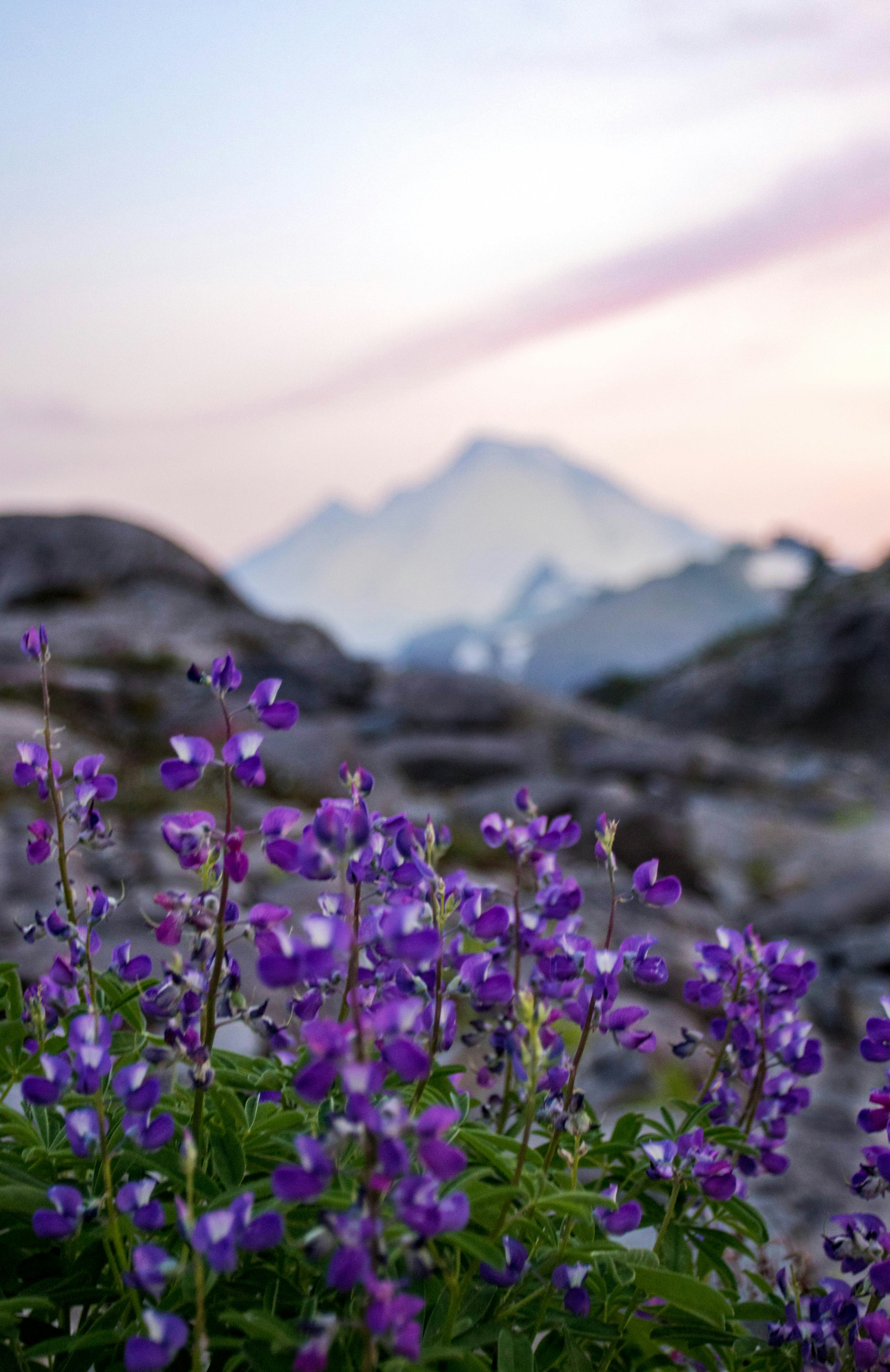Matsuo Bashō, "Seek on high bare trails..."
Can wisdom be summed up? Made into a brief but elegant legacy?

Re: "Richard Miles Talks Exoneration, Criminal Justice Reform"
You're going to want to read "Richard Miles Talks Exoneration, Criminal Justice Reform" by @stevanzetti in Dallas Weekly. Richard Miles served 15 years in prison for a crime he didn't commit. Some time after he got out, he tagged the prosecutor in a Facebook post, and this happened:
Miles got a message in his inbox from D’Amore shortly after making the post. They chatted, talked briefly on the phone, and quickly decided to meet up at Well Grounded Coffee on Garland Road. “He apologized for what happened to me and accepted his responsibility as lead prosecutor,” Miles said. “He said he wanted to build on what we had accomplished, so I asked him why don’t we have an open dialogue about my case?”
I can't really do this story justice because I'm still struggling to find the words. All I can say is just go read it. There are plenty of examples of justice in America being nothing but brutality: here's South Carolina showing off their equipment for an indoor firing squad, here's NYC's Eric Adams abusing the homeless with the full resources of the state. It feels like we need moments of superhuman grace and abundance to change this awfulness, and it's stunning that those moments do happen, that there are people who rightly inspire awe.
Below I've written on a haiku of Bashō's and the possibility of wisdom. I'm taking an increased interest in epigraphs and aphorisms because I'm reading a bunch of Nietzsche. Bashō's poem is a comment on compressed wisdom, and I think it has a lot to offer on how such a thing might work.
Matsuo Bashō, "Seek on high bare trails..."
Nowadays I'm thinking about epigraphs. I'm not sure how to effectively use them in my writing, but that seems a small matter compared to what they are. They're often the only legacy of a number of people, a clue to a past which would be broken objects or odd stories otherwise. They are also profoundly unsatisfactory, like the objects and the stories. One has to summon the whole of the imagination—and then some—to grasp a grain of the lives which were lived.
That summoning makes the literary form unique, even when applied to those we know well. Consider Seamus Heaney's epitaph, which undoubtedly has served as an epigraph, if it is not serving as one: "Walk on air against your better judgment." I don't doubt a few of us see how this turns a certain cynicism on its head. I remember some young people who wanted to be in public service whose parents mocked them for expressing that desire. They were accused of being impractical, of wanting to walk on air, because they weren't sufficiently attentive to their parents' whims. "Walk on air against your better judgment" can certainly resonate with those youth. But this story, despite how it makes sense of the epitaph, has no basis in Heaney's life. "Walk on air against your better judgment" describes both a class of people who experienced something entirely different from Heaney and Heaney himself. The epitaph/epigram is a meeting ground.
When I turn to Bashō's "Seek on high bare trails / sky-reflecting violets... / mountain-top jewels," an issue closely related to the epitaph appears. Can wisdom be summed up? Made into a brief but elegant legacy? When I put it that way, I recoil. "Of course not. Then every 12 year old with a book of quotations would be wise." Still, we look for wise sayings, all of us. How might they work for someone truly seeking wisdom?
"Seek on high bare trails" Matsuo Bashō (tr. Kenneth Yasuda) Seek on high bare trails sky-reflecting violets... mountain-top jewels
Bashō's language suggests an approach. He invites us to search on "high bare trails." As if we have spent our lives ascending hills and mountains, losing our hair, hoping to encounter something rare and important. His command "Seek" affirms this is important, if not necessary.
What we find initially seems a defeat. No Zarathustra, guru, or holy words sit atop the mountain. "[S]ky reflecting violets" are the consistent treasure. I imagine, as you ascend, that they gleam like the most radiant jewels, blinding with the sun's brightness. When you reach them, it takes a moment to realize they have survived because and in spite of the sky. They have grown and thrived despite cold and ice. They have gathered what sunlight and nutrients they could. Inasmuch as they mirror the sky, they best reflect it clear blue blankness. It's not just that the violets achieve their particular beauty. It's that they do so against the suffering life offers.
